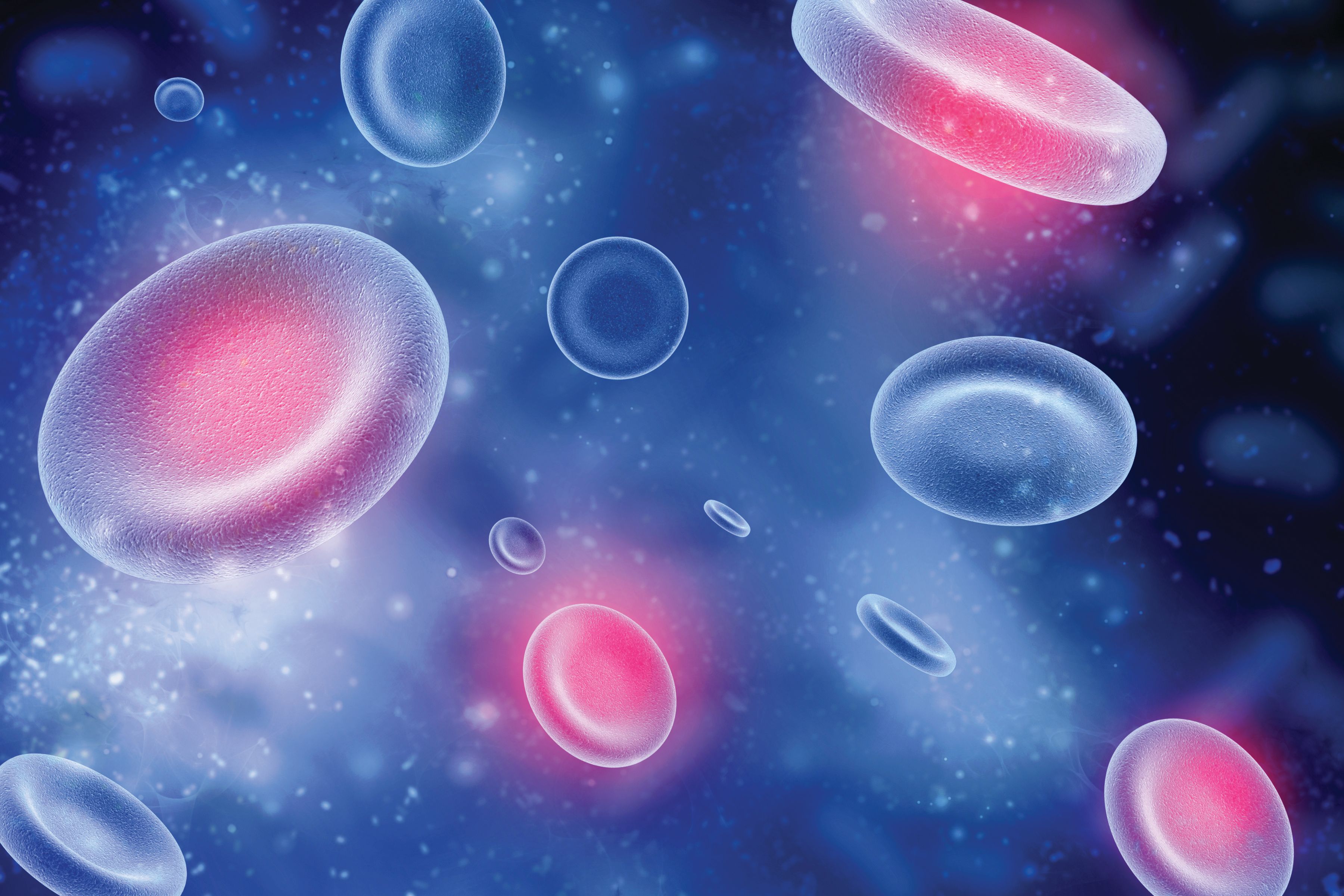CHMP Expresses Positive Opinion on JZP458 in Leukemia and Lymphoma Subtypes
JZP458 is part of a multi-agent chemotherapy regimen for lymphoblastic lymphoma and acute lymphoblastic leukemia, and can be used for adult and pediatric patients.
The FDA approved JZP458 for patients with ALL and lymphoblastic lymphoma who have hypersensitivity to E. coli–derived asparaginase in June 2021.

The recombinant Erwinia asparaginase or crisantaspase JZP458 (Rylaze) has received a positive opinion in favor of approval from the Committee for Medicinal Products for Human Use (CHMP) of the European Medicines Agency (EMA) as a treatment for acute lymphoblastic leukemia (ALL) and lymphoblastic lymphoma in patients who developed hypersensitivity or silent inactivation to E. coli–derived asparaginase, according to a press release from Jazz Pharmaceuticals.1
JZP458 is under review for use as part of a multi-agent chemotherapeutic regimen for both adult and pediatric patients. The CHMP’s recommendation will be reviewed by the European Commission as they consider whether to grant approval to the agent. A final decision is anticipated in the near future.
“Today's positive CHMP opinion is welcome news for those in the ALL and [lymphoblastic lymphoma] community who are unable to be treated with E. coli–derived asparaginase due to hypersensitivity reactions,” Robert Iannone, MD, MSCE, executive vice president and global head of research and development at Jazz Pharmaceuticals, said in the press release.1 “We look forward to receiving the final decision that will help bring us one step closer to delivering a reliable supply of recombinant Erwinia asparaginase to patients in the European Union.”
According to the press release, asparaginase serves as a central part of multi-agent chemotherapeutic regimens for ALL, but up to 30% of patients develop hypersensitivity to E. coli–derived asparaginase. Patients who do not undergo treatment with asparaginase as a result of such hypersensitivities, or who do not receive all prescribed doses appear to have worsened outcomes.
ALL constitutes 80% of leukemia diagnoses in pediatric patients and 20% of diagnoses among adult patients. Lymphoblastic lymphoma constitutes 25% to 35% of non-Hodgkin lymphoma diagnoses in pediatric patients, making it the second-most common such lymphoma in that population.
The FDA approved JZP458 for patients with ALL and lymphoblastic lymphoma who have hypersensitivity to E. coli–derived asparaginase in June 20212. Supporting findings for this approval came from a open-label, multi-cohort trial that included 102 patients. Data indicated that 93.6% of patients maintained a nadir serum asparaginase activity of at least 0.1 U/mL at 48 hours after receiving 25 mg/m2 of JZP458 intravenously.
Additionally, the FDA apprroved a new Monday/Wednesday/Friday dosing regimen for JZP458 in November 2022.3 Supporting pharmacokinetics data for this approval came from the phase 2/3 JZP458-201 study (NCT04145531). Model simulations estimated that 91.6% (95% CI, 90.4%-92.8%) and 91.4% (95% CI, 90.1%-92.6%) of patients maintained a nadir serum asparaginase activity of at least 0.1 U/mL following the 25 mg/m2 Wednesday morning dose and the 50 mg/m2 Friday afternoon dose, respectively.
The most common adverse effects (AEs) of JZP458 at its recommended doses include neutropenia, anemia, and thrombocytopenia. Moreover, common nonhematological AEs include nausea, infection, fatigue, and headache.
References
- Jazz Pharmaceuticals receives CHMP positive opinion for JZP458 (a recombinant Erwinia asparaginase or crisantaspase) for the treatment of acute lymphoblastic leukemia and lymphoblastic lymphoma. News Release. Jazz Pharmaceuticals plc. July 21, 2023. Accessed July 24, 2023. https://prn.to/3OrPsJq
- FDA D.I.S.C.O. Burst Edition: FDA approves Rylaze (asparaginase erwinia chrysanthemi (recombinant) - rywn) for treatment of acute lymphoblastic leukemia and lymphoblastic lymphoma in adult and pediatric patients 1 month or older who have developed hypersensitivity to E. coli-derived asparaginase. News release. FDA. July 12, 2021. Accessed July 24, 2023. https://bit.ly/44Blvw1
- FDA approves a new dosing regimen for asparaginase erwinia chrysanthemi (recombinant). News release. FDA. November 18, 2022. Accessed July 24, 2023. https://bit.ly/3XecGoP